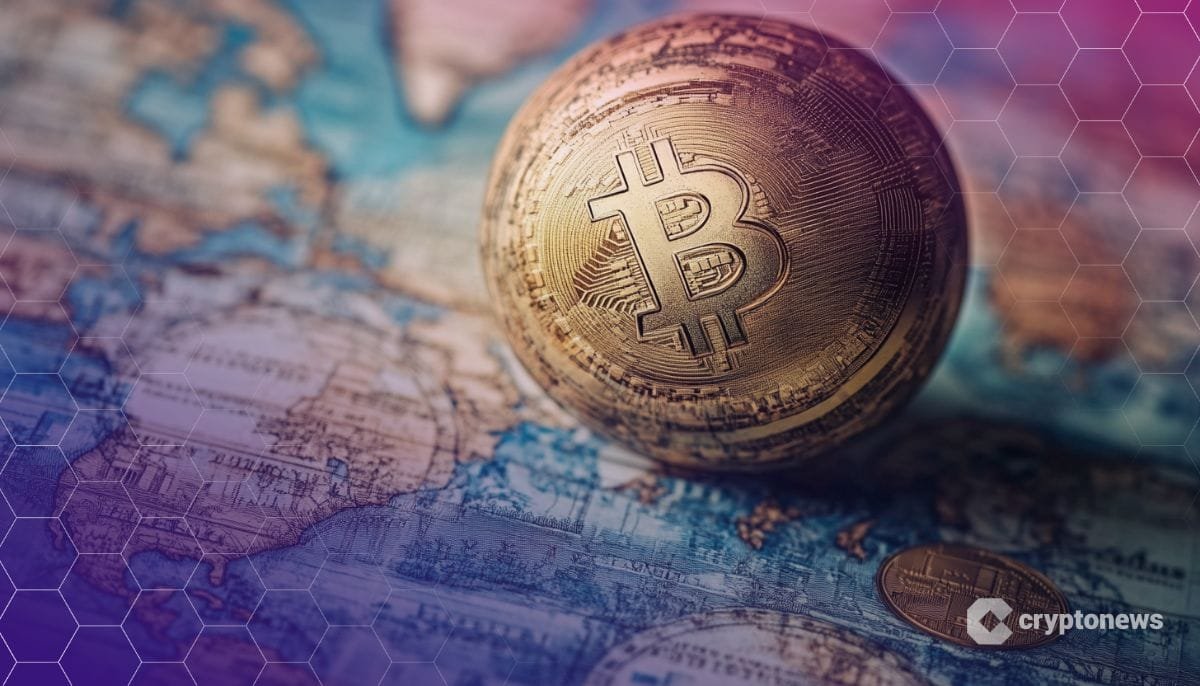Brian Armstrong, CEO of Coinbase, has publicly endorsed a proposal for global leaders to establish Bitcoin strategic reserves.
In a Jan. 17 blog post discussing “economic freedom,” Armstrong highlighted cryptocurrencies as “the next chapter of capitalism” and outlined steps for governments to embrace digital assets in 2025.
Among his recommendations were enacting crypto-friendly legislation, improving government efficiency, creating special economic zones, and establishing Bitcoin reserves as a safeguard against inflation.
Bitcoin Could Play Key Role in Global Economy
Armstrong argued that Bitcoin could play a foundational role in the global economy, likening it to gold, and suggested it might become pivotal to national security.
“The next global arms race will be in the digital economy, not space,” Armstrong stated.
Coinbase has maintained close ties with U.S. lawmakers, contributing over $45 million to the Fairshake political action committee during the 2024 election cycle.
The company also donated $1 million to President-elect Donald Trump’s inauguration fund.
Armstrong reportedly met with Trump in November to discuss key personnel appointments, signaling the exchange’s potential influence on future U.S. crypto policy.
Kara Calvert, Coinbase’s vice president of U.S. policy, expressed the company’s willingness to collaborate with the incoming administration but did not comment on plans for a national Bitcoin reserve.
However, Trump has hinted at making cryptocurrency a national priority, including proposals for a Bitcoin stockpile, fulfilling a campaign promise to the crypto industry.
The regulatory landscape for Coinbase remains uncertain as Trump prepares to take office on Jan. 20.
The U.S. Securities and Exchange Commission (SEC), under new leadership, will oversee ongoing legal disputes involving the exchange.
In June 2023, the SEC filed a lawsuit against Coinbase, alleging it operated as an unregistered securities exchange, broker, and clearing agency.
A federal judge recently stayed the case pending a higher court ruling on an interlocutory appeal.
Separately, Coinbase has taken legal action against the SEC and the Federal Deposit Insurance Corporation over allegations of bias against crypto firms.
An appellate court is also expected to rule on Coinbase’s 2022 petition for the SEC to establish clearer guidelines for identifying securities in the digital asset space.
New Hampshire and North Dakota Latest U.S. States to Propose Bitcoin Reserves
New Hampshire and North Dakota have introduced legislation to establish strategic Bitcoin reserves, marking a growing trend among U.S. states to diversify their treasuries with cryptocurrency.
Previously, Ohio proposed adding Bitcoin to its treasury reserves, following the introduction of a new bill by House Republican leader Derek Merrin.
Likewise, on 12 December 2024, Texas Representative Giovanni Capriglione introduced the Texas Strategic Bitcoin Reserve Act, which proposes that the state comptroller hold Bitcoin as a reserve asset for at least five years.
Pennsylvania took a similar step in November, with Representative Mike Cabell proposing a bill to allow its treasury to allocate up to 10% of its balance sheet in Bitcoin, citing the asset’s potential to hedge against economic uncertainty.
Furthermore, corporate Bitcoin holders like MicroStrategy and Metaplanet have expanded their Bitcoin holdings.
The post Coinbase CEO Brian Armstrong Backs Global Bitcoin Strategic Reserves Initiative appeared first on Cryptonews.
This articles is written by : Nermeen Nabil Khear Abdelmalak
All rights reserved to : USAGOLDMIES . www.usagoldmines.com
You can Enjoy surfing our website categories and read more content in many fields you may like .
Why USAGoldMines ?
USAGoldMines is a comprehensive website offering the latest in financial, crypto, and technical news. With specialized sections for each category, it provides readers with up-to-date market insights, investment trends, and technological advancements, making it a valuable resource for investors and enthusiasts in the fast-paced financial world.
